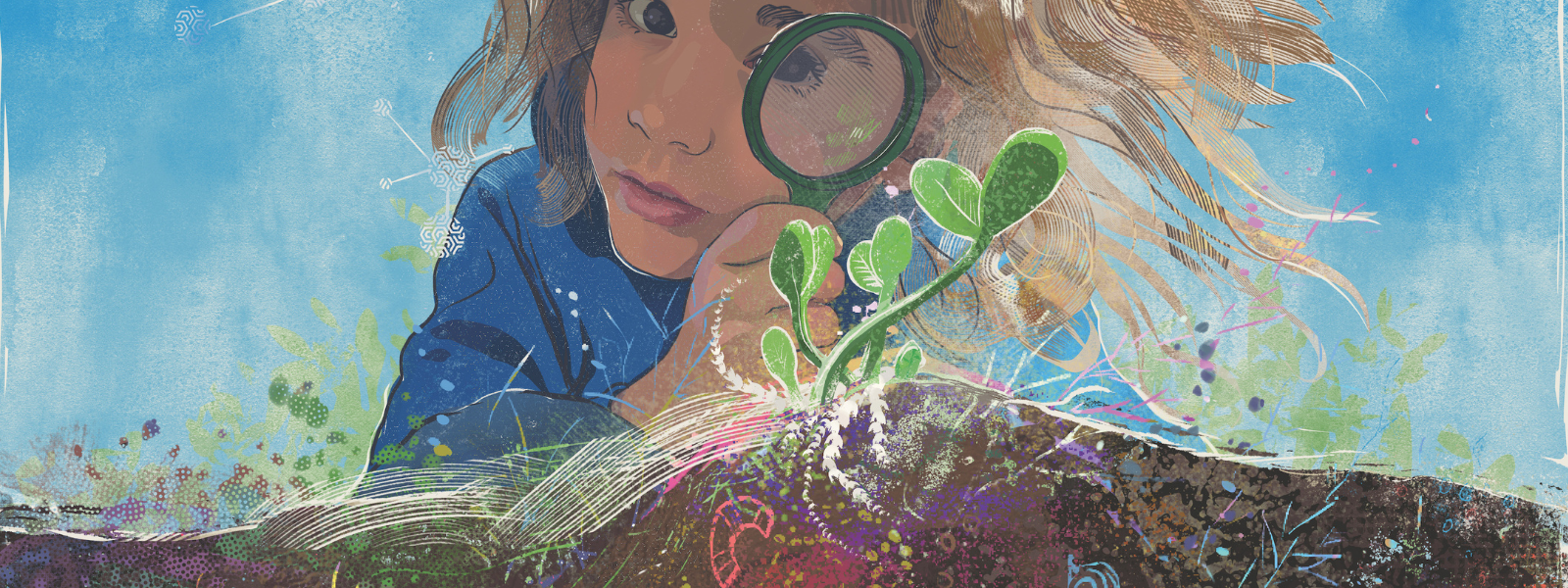
Tips
You searched for summer squash and found 8 tips.
- Bell Peppers: All About Them – Bell peppers are the fruit of the capsicum annuum, a member of the nightshade family. Red bell peppers are simply green peppers that are left on the vine to ripen. Green peppers are slightly bitter, while the red, yellow, and orange are somewhat sweet. Read more →
- Geotextiles: Silver Plastic – Aluminum reflective mulch has similar uses to black plastic mulch, however it posses some unique properties. Read more →
- Pest: Japanese Beetle – Adult Japanese beetles are iridescent green with copper wing covers and are, unfortunately, very common in gardens in mid-summer. Read more →
- Pest: Squash Bug – Even though they have the most gorgeous eggs, you don’t want to find these on the undersides of your squash plants. Find out about the ways to keep these bugs at bay using natural methods and processes. Read more →
- Succession Planting – Succession planting is a way to make the most of the space in your garden and always have tender, ripe crops to eat. Learn some tips from Cat about extending the harvest window in your garden for a variety of crops. This can also give you a little relief if you feel stressed about getting your garden in all at once. You aren’t late, you’re succession planting. Read more →
- Summer Squash: All About It – Although it is treated as a vegetable in a culinary context, botanically, summer squash are actually fruits. They are prolific plants, and are commonly referred to as summer squash because, unlike winter squash, they are harvested and consumed before their skins harden. Read more →
- Winter Squash: Cooking Tips – Squash makes fall and winter meals so sweet and colorful. Here are some cooking tips to help you get the most out of these abundant fruits! Read more →
- Winter Squash: Saving Seed – Winter squash has harder skin than summer squash does; their flesh is firmer too and so needs to cook longer. The seeds are fully developed when the squash is ready to eat, whereas summer squash needs to be left on the vine well past the eating stage to complete the development of its seed. There are some technicalities to saving seeds from these squash. Read more →
